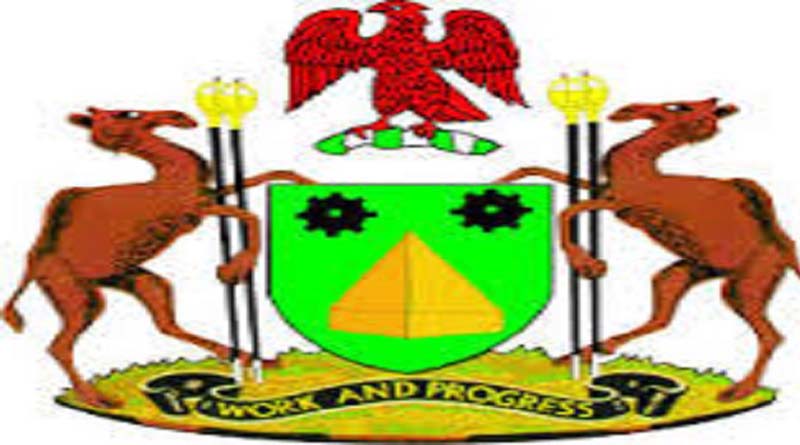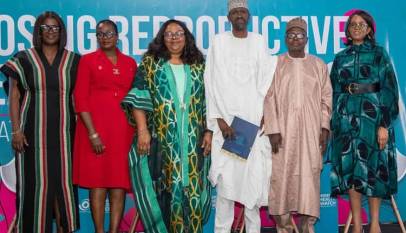INTERVIEW: “Why we want to conduct a census of all disabled people in Kano”
Abba Sarki is the chairman of the Kanawa Educational Foundation for the Disabled; a nonprofit planning to conduct a census of all disabled people in Kano state

What will you say inspired the founding of the Kanawa Education Foundation for the Disabled?
The NGO was founded to support the lives of people living with disabilities in northern Nigeria; it is fully registered with the Corporate Affairs Commission (CAC). It came about because of our realization of the fact that although state governments across northern Nigeria have been making efforts to ban street begging they were not making alternative plans for the disabled, in terms of providing empowerment and educational opportunities for them.
One of our major objectives is securing educational opportunities for young disabled people under the age of 15 years while our plan for those that are over 15 years is to secure empowerment opportunities for them; to make them self-reliant and keep them off the street. There are also disabled people who are in need of healthcare services and so we are working with the department of special education at Bayero University, Kano (BUK) to provide healthcare to support them.
We are also conducting sensitization campaigns against discrimination of people living with disabilities among the general public while also sensitizing the PWDs on the importance of personal hygiene and building their self-esteem; we are trying to make PWDs see themselves as equal to able-bodied people.
We understand you are planning to carry out a census of PWDs in Kano state, why is it necessary?
One of our success stories so far is the enactment of the people living with disability bill in Kano state which have been passed by the Kano State House of Assembly; we are now waiting for the Executive Governor of Kano State Dr Abdullahi Umar Ganduje, to assent to the bill. Part of the provisions of the act is that an agency will be established with the sole responsibility of taking care of the needs of PWDs in Kano state.
We therefore realized that for this agency to function effectively there is need for a head count or census of all disabled people in Kano state including their specific disabilities and challenges. So, we decided to carry out a pilot census of all PWDs in Kano state beginning with the 8 metropolitan LGAs of the state.
We have already produced questionnaires for the survey and our plan is to create a website on which we will be uploading our gathered data and information so that people from all over the world can log in to access the data of PWDs from across the 44 LGAs of Kano as well as their specific challenges. This will help in the planning of intervention programmes in the areas of education and empowerment; however, we are having challenges carrying out the census.
What are the challenges militating against the implementation of this exercise?
The major challenge is getting funding for the census exercise, we had initially approached the Kano state government to support the census but didn’t succeed. However, at the moment there is a non-governmental organization that is supporting our work, the DFID-funded Partnership to Engage, Reform and Learn (PERL) programme, which had pledged to support us to conduct the exercise.
We have already submitted all the necessary documents to them and have also conducted series of meetings with leaders of the various disabled groups in Kano state in respect of the exercise. We are now waiting for PERL to respond to us in terms of logistics and personnel support for the exercise.
What can you say are the benefits of the census exercise to the PWDs in Kano state?
This census is going to be of immense benefit to not only the PWDs themselves but also the government and NGOs interested in providing support to the PWDs. This is because it will provide information and data regarding the figures, locations and addresses of all disabled people in the state which will make interventions easier.
Moreover, at the moment there are people parading themselves as promoting the interest of PWDs but who in reality do not have anything to do with PWDs; the census will therefore help solve these kinds of challenges and ensure support for PWDs get to the right people. It will also make the government appreciate the population of PWDs in the society which will make it more responsive to their demands.
At the moment only the sum of 50 million naira is budgeted annually for disabled-related issues by Kano state. As such, the census will help the government understand the challenges of PWDs including disabled children that are out school which will encourage the government to budget more for the needs of PWDs. Hopefully, the census will help us address the challenge of PWDs including street begging in Kano state.












